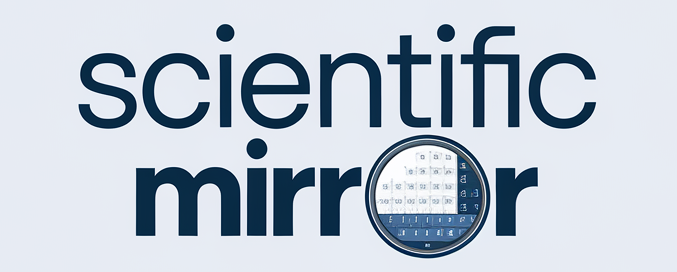Science has a way of surprising us, whether it’s uncovering the secrets of the universe or helping us live longer healthier lives. Some discoveries are so big they rewrite the rulebook and change the course of history. Here are ten groundbreaking scientific discoveries that completely transformed our understanding of the world.
Gravity Makes It All Stick
Isaac Newton’s discovery of gravity in the 17th century changed everything. Before Newton, people didn’t fully understand why objects fall to the ground or how planets stay in orbit. His work gave us the laws of motion and laid the foundation for modern physics. Plus, it’s why we still say, “What goes up must come down.”
The Earth Is Not the Center
In the 16th century, Nicolaus Copernicus dared to suggest that the Earth revolves around the Sun, not the other way around. This heliocentric model turned the medieval worldview on its head. It took a while for everyone to come around, but Copernicus set the stage for centuries of astronomical discoveries.
Germs Cause Disease
Louis Pasteur’s germ theory in the 19th century was a game-changer for medicine. He showed that microorganisms cause diseases, which led to life-saving practices like sterilization and vaccines. Pasteur’s work still keeps us healthy today—and we can thank him for our knowledge of pasteurization, too.
DNA Is the Blueprint of Life
In 1953, James Watson and Francis Crick revealed the double-helix structure of DNA, unlocking the secrets of genetics. Their discovery helped us understand how traits are passed down and paved the way for genetic engineering, medical breakthroughs, and even ancestry tests.
Evolution Explains Life’s Diversity
Charles Darwin’s theory of evolution by natural selection shook the scientific world in 1859. His work explained how species adapt and change over time, showing the connections between all living things. Evolution remains one of the cornerstones of biology, shaping how we understand life on Earth.
Electricity Lights the Way
Electricity wasn’t “discovered” all at once, but scientists like Benjamin Franklin, Michael Faraday, and Nikola Tesla made it a reality. Their work turned a natural phenomenon into something we rely on every day. Imagine life without light bulbs, phones, or Wi-Fi—it’s hard to picture, right?
Penicillin Starts the Antibiotic Revolution
In 1928, Alexander Fleming noticed something strange: a mold called Penicillium killed bacteria in his lab. That accidental discovery led to penicillin, the first antibiotic, which has since saved millions of lives. Talk about a happy accident.
The Big Bang Explains the Universe
The Big Bang Theory—no, not the TV show—gave us a starting point for the universe. In the 20th century, scientists like Georges Lemaître and Edwin Hubble showed that the universe began as a tiny, dense point and has been expanding ever since. This discovery changed how we view space and time itself.
Vaccines Save Millions
Edward Jenner’s development of the smallpox vaccine in 1796 was the beginning of modern immunology. Thanks to vaccines, diseases like smallpox and polio have been eradicated or drastically reduced. Jenner’s work has undoubtedly saved millions of lives and continues to protect us today.
Plate Tectonics Shakes Things Up
In the mid-20th century, scientists discovered that the Earth’s crust is divided into tectonic plates that move over time. This explained earthquakes, volcanoes, and the formation of mountains. Plate tectonics gave us a whole new understanding of how our planet works beneath the surface.
These discoveries didn’t just change science—they changed the way we live and understand the world around us. They’re a reminder of how curiosity and determination can unlock the biggest mysteries of our universe. What will the next big discovery be?

